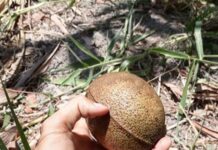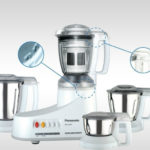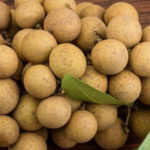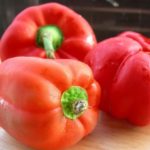To prolong the shelf life of food, many people tend to store them in the freezer. However, not all foods are suitable for freezing. Here is a list of 8 types of food that should never be stored in the freezer:
1. Potatoes
Potatoes have a high water content, and when frozen, this water forms ice crystals that damage the nutritional value and texture of the potato. After thawing, potatoes become mushy and unsuitable for consumption.
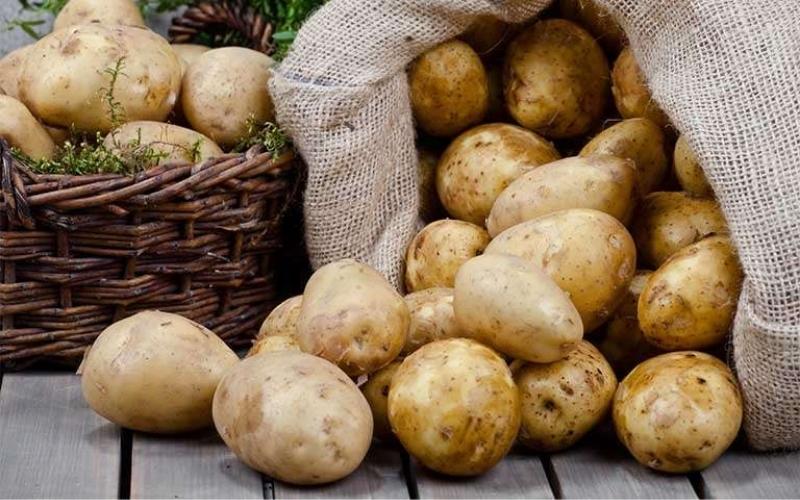 Potatoes
Potatoes
Potatoes should be stored in a cool, dry, and well-ventilated area, away from direct sunlight.
2. Eggs in Their Shells
The egg white expands when frozen, causing the shell to crack. This exposes the egg to bacterial contamination, leading to rapid spoilage and unpleasant odors in your freezer.
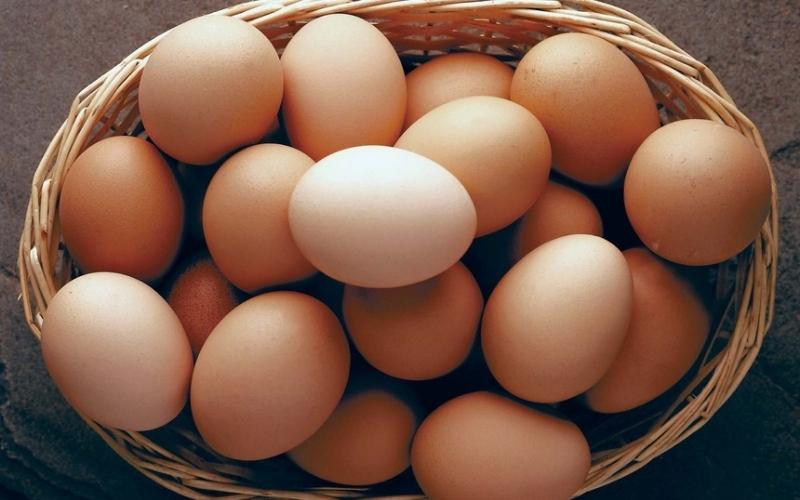 Eggs in shells
Eggs in shells
Even dishes made with eggs, such as flan or cake, should not be frozen.
3. Cheese
Freezing soft cheeses can damage their delicate texture and flavor due to the formation of ice crystals. After thawing, the cheese becomes crumbly, dry, and bland.
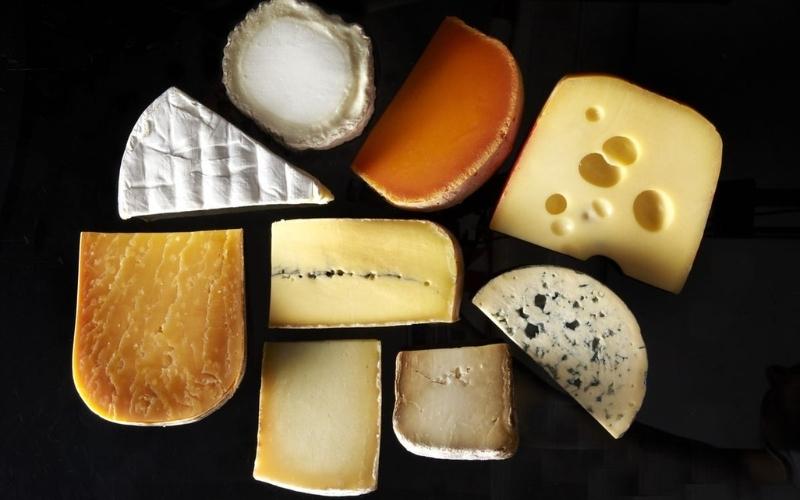 Cheese
Cheese
To maintain its quality, cheese should be stored in the refrigerator, not the freezer.
4. Fruits and Vegetables
Fruits and vegetables have a high water content, and when frozen, this water quickly forms ice crystals, damaging the cell structure. After thawing, they become soft, discolored, and mushy, losing their original flavor and nutritional value.
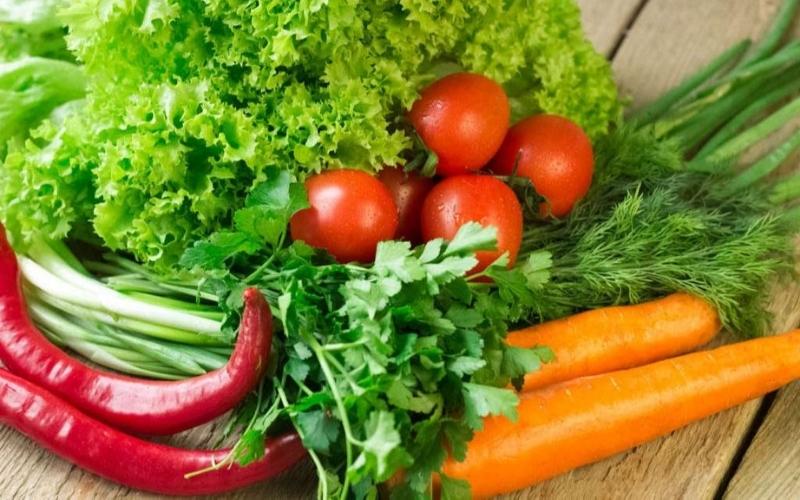 Fruits and vegetables
Fruits and vegetables
5. Mayonnaise
Mayonnaise separates and loses its creamy consistency when frozen and thawed. It becomes watery and unusable.
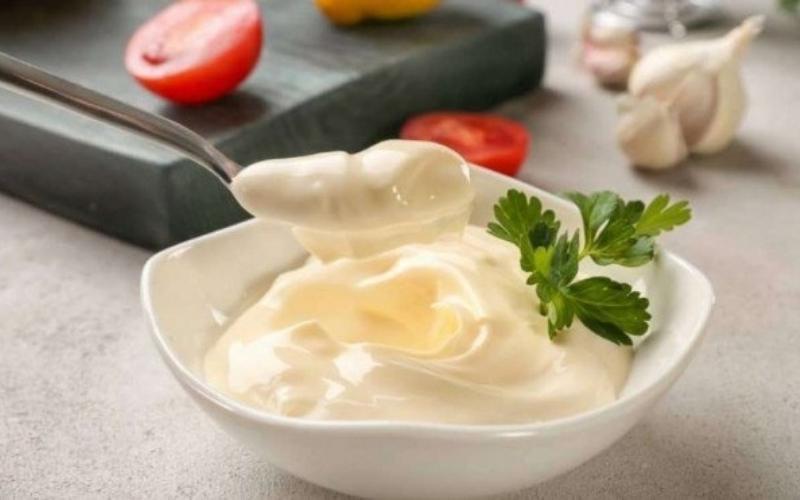 Mayonnaise
Mayonnaise
6. Yogurt
Freezing yogurt kills some of the beneficial bacteria due to extremely low temperatures. Additionally, it may form ice lumps, affecting its texture, flavor, and nutritional value.
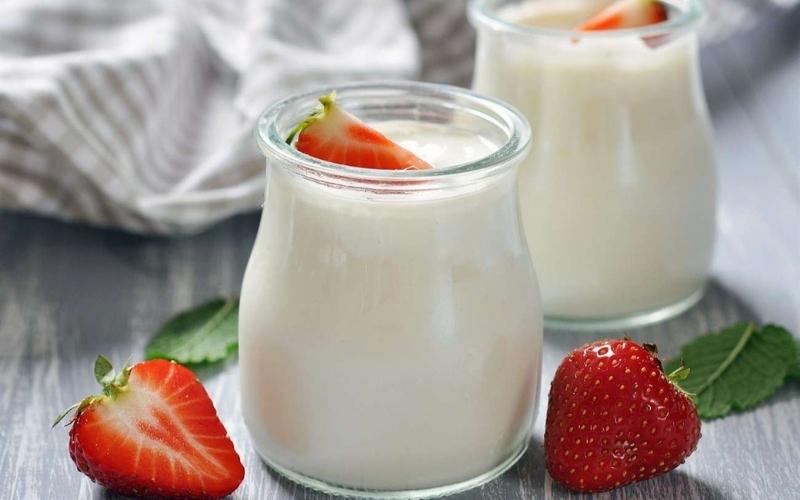 Yogurt
Yogurt
The refrigerator is the best place to store yogurt to maintain its original flavor and quality.
7. Coffee
Coffee is sensitive to temperature changes, and freezing can cause condensation, affecting its flavor and quality. Coffee also absorbs odors easily, so it should be stored separately from other foods to maintain its unique aroma.
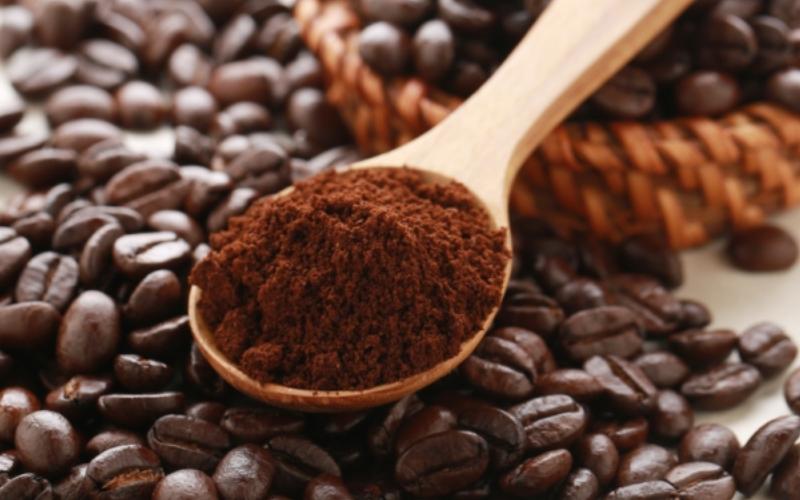 Coffee
Coffee
A cool, dry, and well-ventilated area is ideal for storing coffee.
8. Garlic
Freezing garlic stimulates sprouting, indicating a loss of quality and nutritional value. Frozen garlic becomes bitter and pungent, and it may also affect digestion.
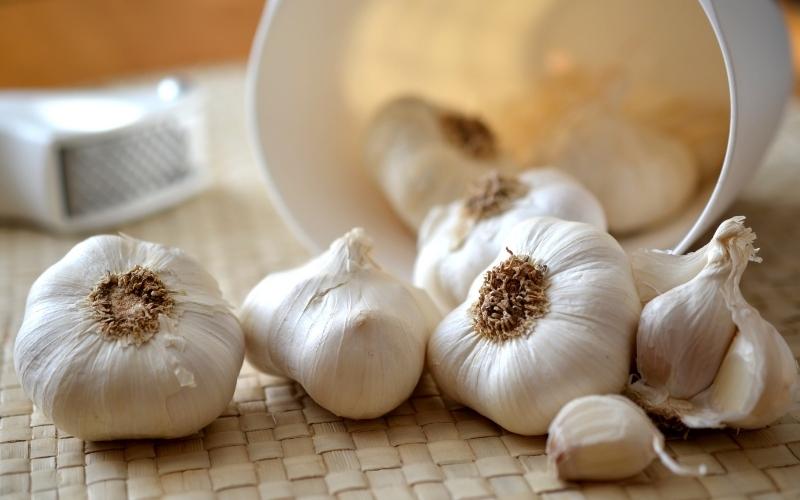 Garlic
Garlic
Garlic should be stored in a cool, dark, well-ventilated area to prevent sprouting and maintain its quality.
Tips for Freezing Food:
- Set your freezer to the lowest temperature, ideally around -10°C, to inhibit bacterial growth.
- Wrap or store food in airtight containers before freezing, but avoid using colored plastic bags.
- Ensure that food is dry before placing it in the freezer to prevent ice crystal formation.
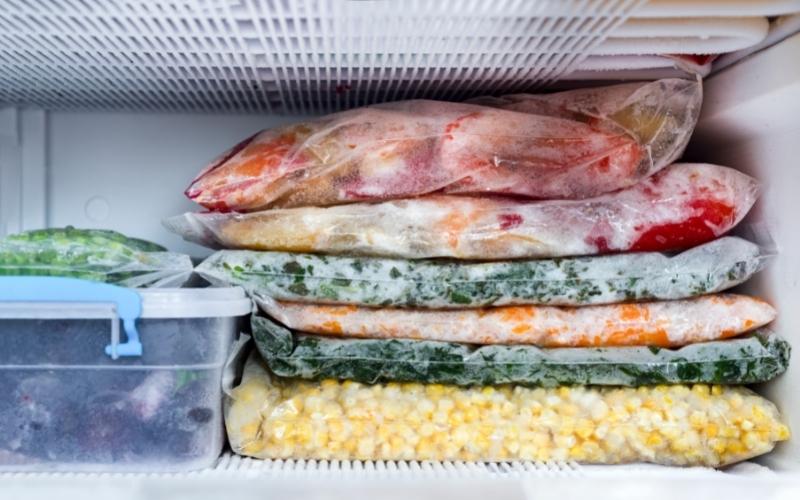 Properly frozen food
Properly frozen food
- Label and date your frozen food to keep track of its freshness.
- Once thawed, consume the food immediately and do not refreeze.
Now you know the eight types of food that should never be stored in the freezer to maintain the health and safety of your loved ones.
















